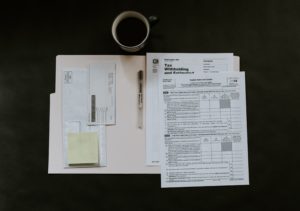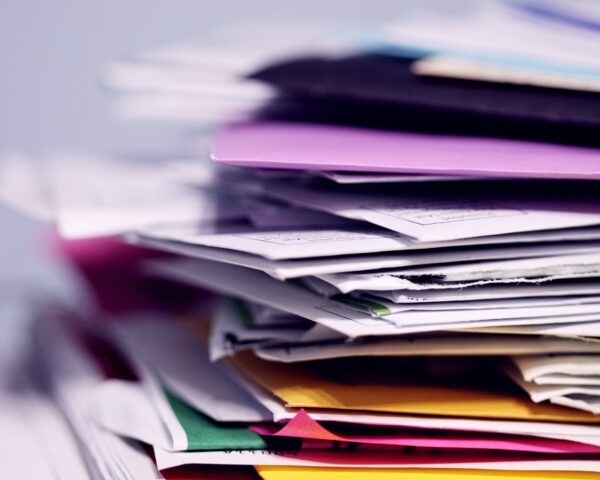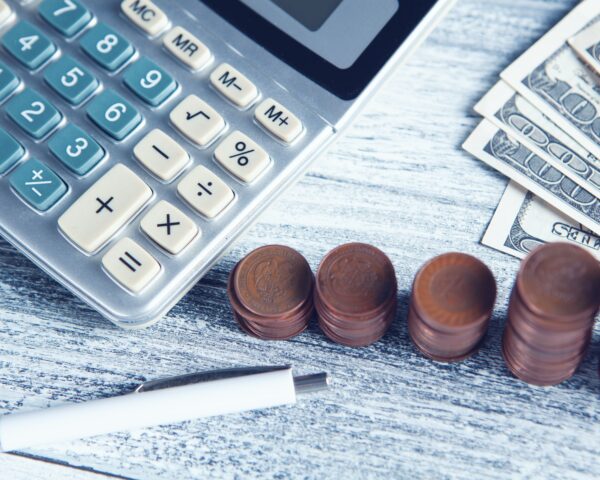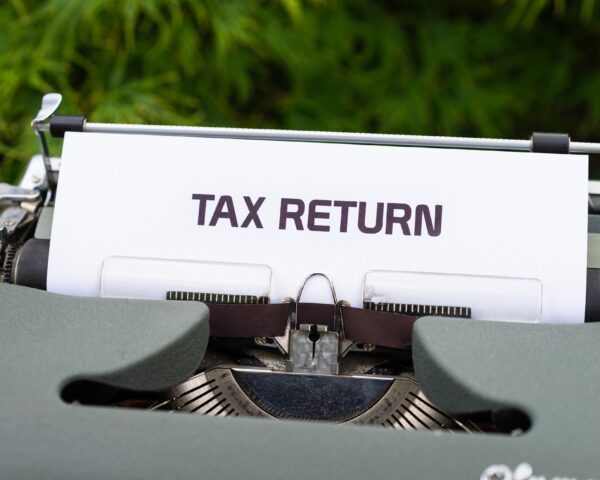With the deadline to file your self-assessment fast approaching, we’ve put together a guide for getting through it! You got this.
Ok, so first let’s cover the basics:
When do they need to be filed by?
31 January 2022
When do I need to pay tax?
You pay tax twice a year, on the 31st of January and then again on the 31st of July.
Do I need to file a self-assessment?
You need to file a self-assessment if any of the below apply to you:
- Sole trader – you’re a self-employed sole trader. You should have registered with HMRC
- Partnership – you’re a partner in a partnership business
- Director – you’re a company director and you have income that isn’t taxed under PAYE (i.e. dividends)
- £100k+ – you have an annual income of £100,000 or more
- Untaxed income – you have untaxed income e.g. interest, dividends or rental profits
- Foreign income – you have foreign income
- Child benefit payments – you or your partner receive child benefit and your income is over £50,000
- Trust income – you receive income from a trust or you receive income from the estate of a deceased person
- Capital disposals – you dispose of an asset(s) and you have capital gains and/or losses arising
What do I need to file my self-assessment?
- A UTR – this is a 10 digit unique identifier code with HMRC. If you’re a client, then we hold a copy of this for you, if not then you can check if you have one here
- Your national insurance number
- A P60 and P11d if you have had any taxable benefits
- Any untaxed income, ideally with supporting documents, this would include income from renting out a property, income from savings, investments, dividends and any foreign income (generally, not including foreign pensions – but best to check)
- Details and supporting documents for any income from self-employed activities
- Donations – with receipts

Finally, here are our tips for ensuring you’re claiming everything that you can:
- You don’t have to earn to obtain tax relief on pension contributions. If you pay £2,880 a year into a pension scheme HMRC will add a further £720 regardless of your income. This works well for non-working spouses.
- You will know that there is a £1,000 allowance for income generated by savings, but did you realise the allowance can be as much as £6,000? If your other income doesn’t exceed your personal allowance, the first £5,000 of interest income above your savings allowance is taxed at 0%
- Gift aid payments give relief at your top tax rate, so if you’re making any donations make sure you get them into your self-assessment return.
- If you have children under 16, or under 20 in approved education or training, make sure to register for child benefit. If one of the household has income above £50,000 a year it will begin to be clawed back, but it should still be worth registering so that you continue to qualify for the state pension.
- Don’t forget the marriage allowance which can allow you to transfer £1,260 of your personal allowance to your spouse or civil partner with a saving of £252 provided they are a basic-rate taxpayer and you do not pay tax or vice versa. You can backdate an election to any year since 5 April 2017.
- We all have a capital gains annual allowance of £12,300. Consider transferring shares or unit trusts to your spouse or civil partner before they are sold so that their allowance is not wasted. If you want to use up your annual allowance but keep the shares in the family you can sell them in the market and your spouse can buy them back, known as “bed and souse” which gets around the normal “bed and breakfast” rules for shares bought back within 30 days.
- If, like many, you’ve been working at home during the pandemic, don’t forget that you can claim the working from home allowance, of the actual costs, or £6 per week without further evidence.
- Why not get a bit extra by letting a spare room to a lodger. Under rent a room relief the first £7,500 income is tax-free and it should not affect your CGT position on the eventual sale. In addition, if you let your home out on Airbnb the first £1,000 should escape tax through the rental allowance.
If you are concerned about inheritance tax, remember that apart from the £3,000 annual allowance and seven-year lifetime gift rule you can make payments of any amount free of IHT if they are regular, out of surplus income, and do not reduce your standard of living. On top of that, there are no limits on the amount you can pay to maintain your children up to the age of 18 or until they cease full-time education or training.
If you got through that – congratulations. And let us know if we can lend a hand with your self assessment this year, we’re here to help! Drop us a line at hello@pennybooks.io









